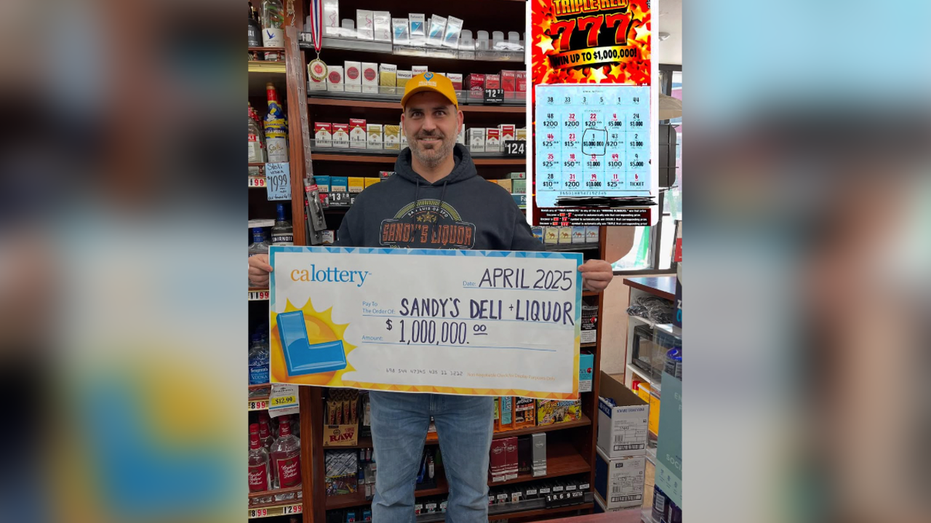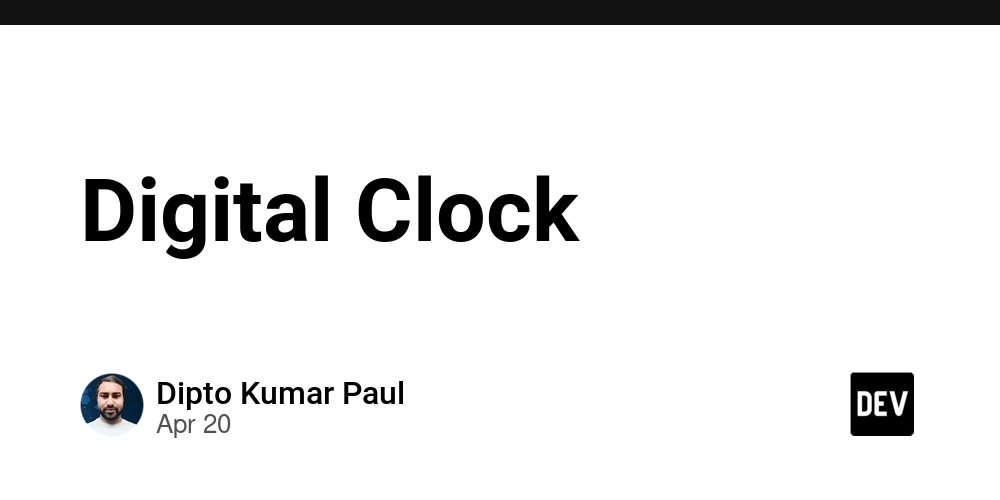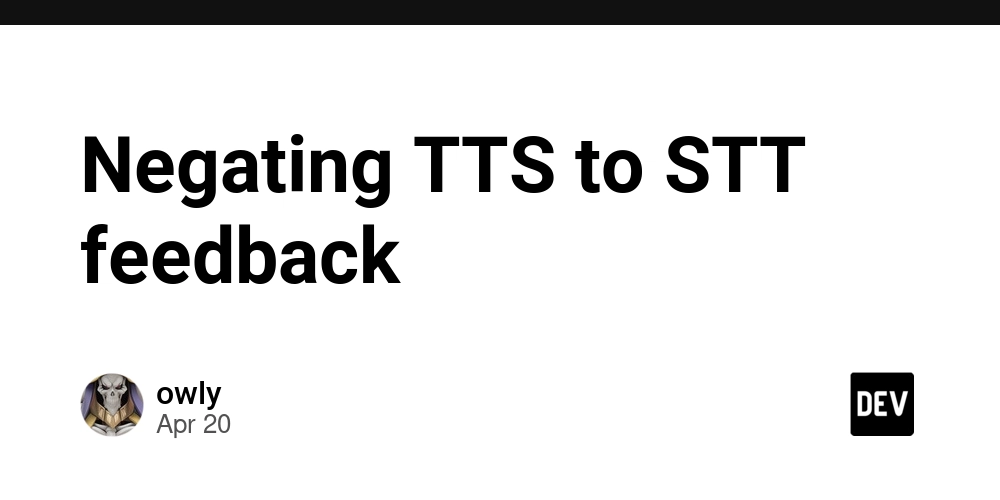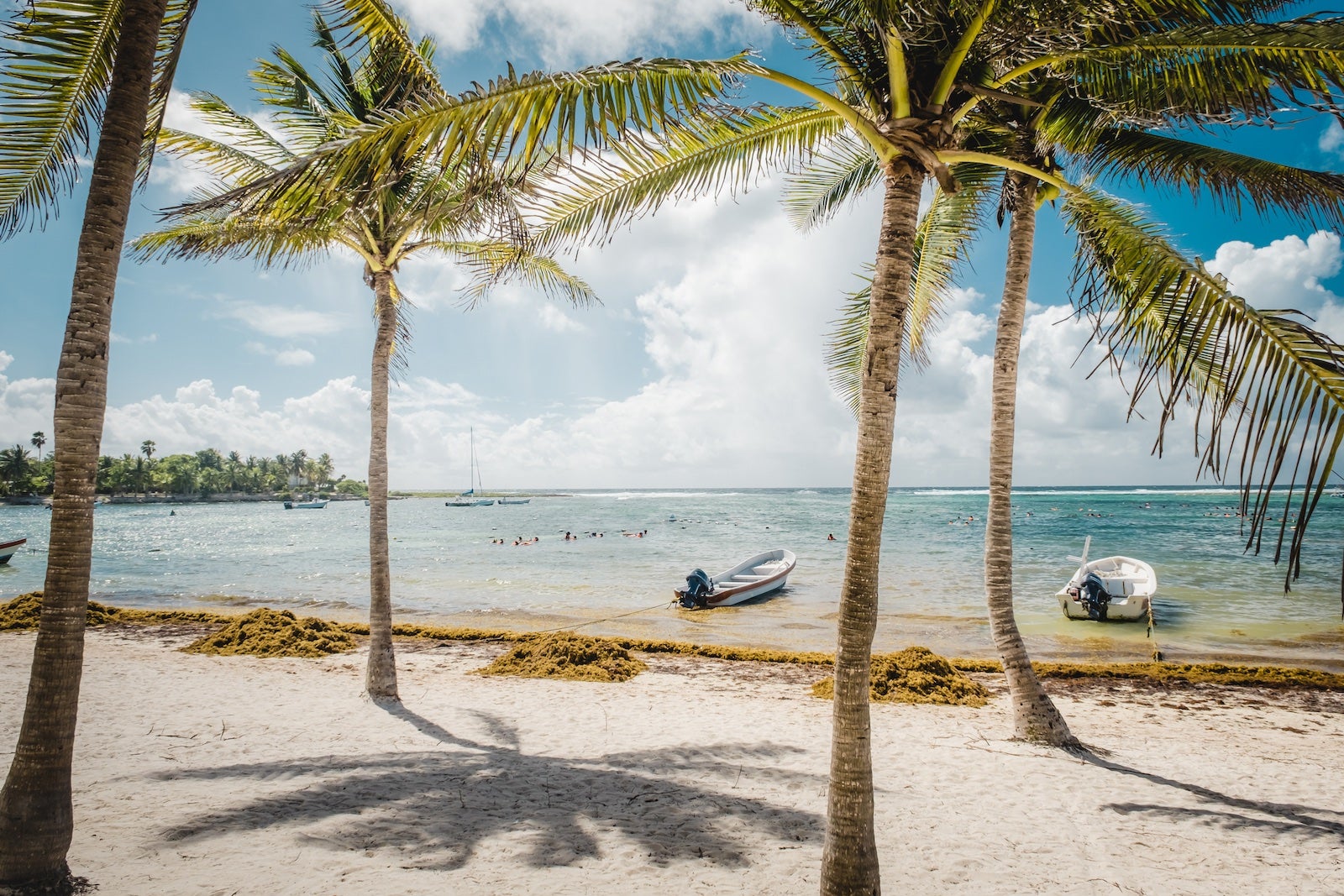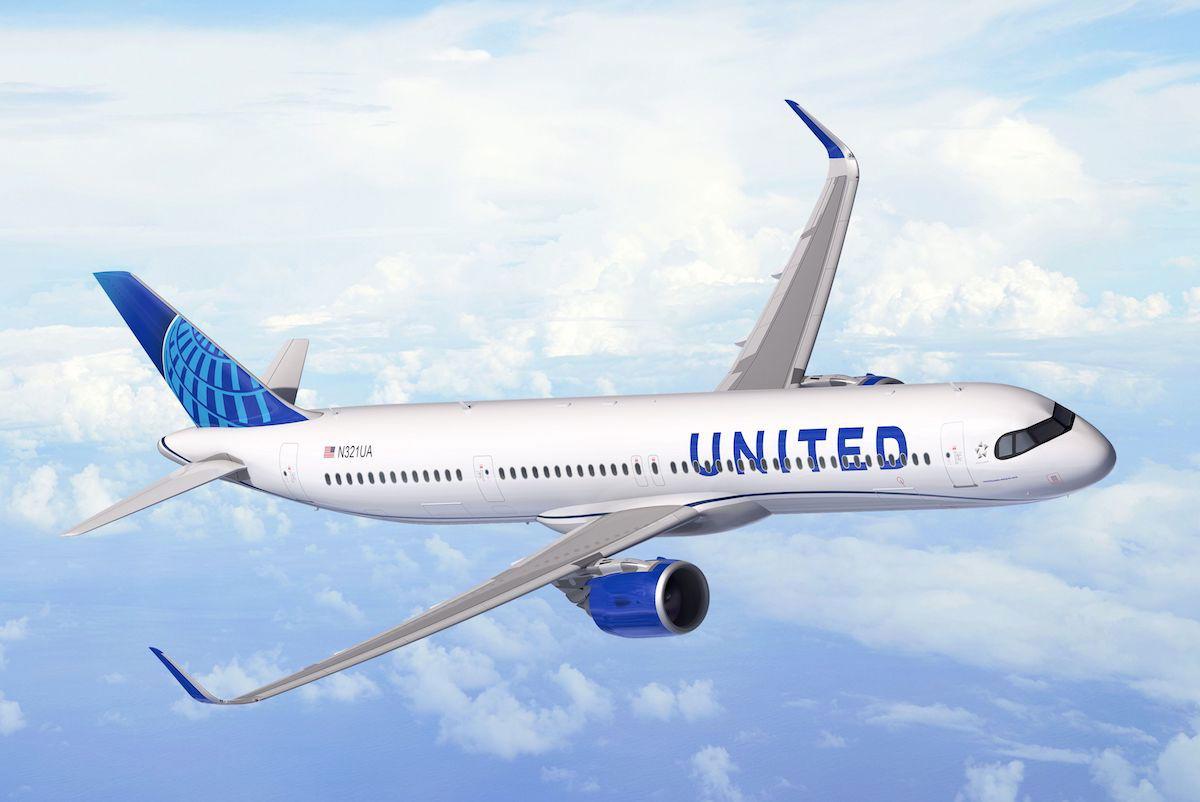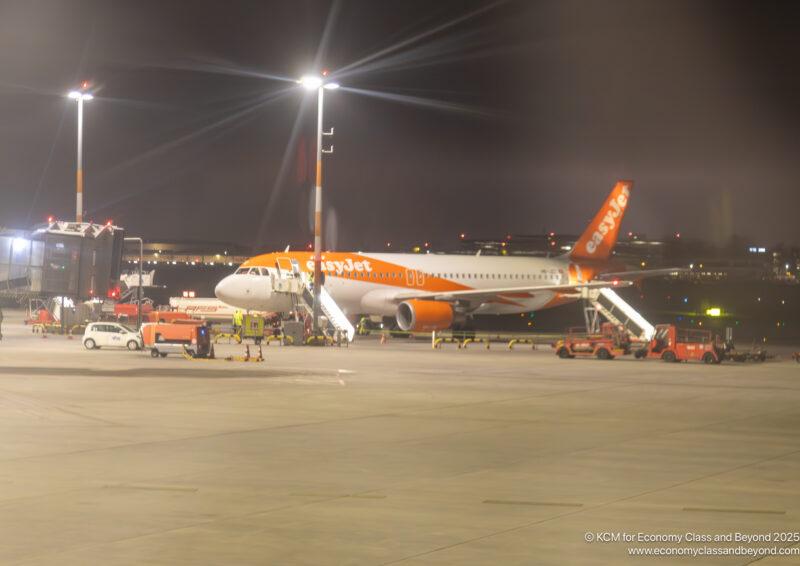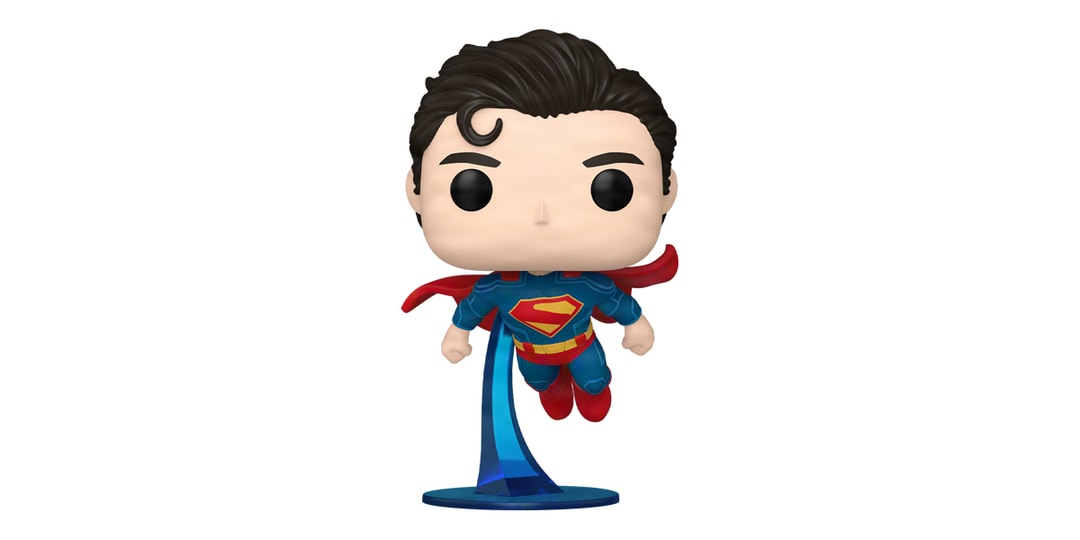California sues the Trump administration, escalating battle with the president over tariffs
Gov. Gavin Newsom, who has tussled with Donald Trump over the years, described the president's tariffs as "unlawful."
Chip Somodevilla/Getty Images
- California is leading the charge against President Trump's tariffs among US states.
- The state on Wednesday is set to file a suit in San Francisco federal court challenging the levies.
- It's the biggest move that Gov. Gavin Newsom has so far taken against Trump's second administration.
Gov. Gavin Newsom of California is escalating his war against President Donald Trump's tariffs.
On Wednesday, the governor said his state would sue to immediately block the tariffs, with the high-profile Democrat describing the levies as "unlawful and unprecedented."
The legal action is a dramatic escalation in the relationship between the two leaders, this time centered on trade policy.
Newsom and California state Attorney General Rob Bonta are set to file the suit in San Francisco federal court, which would represent the first challenge from a state against the president's tariff plan.
"President Trump's unlawful tariffs are wreaking chaos on California families, businesses, and our economy — driving up prices and threatening jobs," the governor said in a statement. "We're standing up for American families who can't afford to let the chaos continue."
The two Democrats argue that Trump's tariffs will have an immense impact on the California economy, with over 60,000 small business exporters affected by the president's plan. The Californians point to important materials like steel and aluminum that are needed to help rebuild after a devastating series of fires in the Los Angeles area in January — along with the affects of "reciprocal" tariffs on farmers in the state's key agricultural regions.
Bonta in a statement argued that Trump's back-and-forth on tariff policy goes beyond his presidential power.
"The President's chaotic and haphazard implementation of tariffs is not only deeply troubling, it's illegal," he said.
On April 2, which Trump dubbed as "Liberation Day," he announced that he was implementing reciprocal tariffs on select countries, while imposing a 10% baseline tariff on most countries.
Some countries, like China, pushed back against the administration and were hit with higher tariffs.
Trump reversed himself days later and issued a 90-day pause on the reciprocal tariffs for most countries, but the administration on Wednesday said that China now faces a tariff rate of "up to 245%."
For now, the administration issued a pause on "reciprocal" tariffs for computers and laptops, which could have significantly raised the price of electronics for US consumers. However, Trump is still mulling tariffs on semiconductors from China.
China has already imposed a 125% tariff on US goods.
Newsom, a potential Democratic presidential candidate in 2028, has also made other key economic moves since Trump returned to the White House.
The governor this week kicked off a tourism campaign to lure Canadians — many of whom have been spooked by Trump's trade tussles with their country — back to California for excursions.
And earlier in April, Newsom called on world leaders to make exceptions for California goods amid Trump's trade policy implementation.
"Donald Trump's tariffs do not represent all Americans, particularly those I represent here in the fifth largest economy in the world, the state of California," Newsom said at the time. "California is a stable trading partner and we hope you remember that as you consider California-made products."
